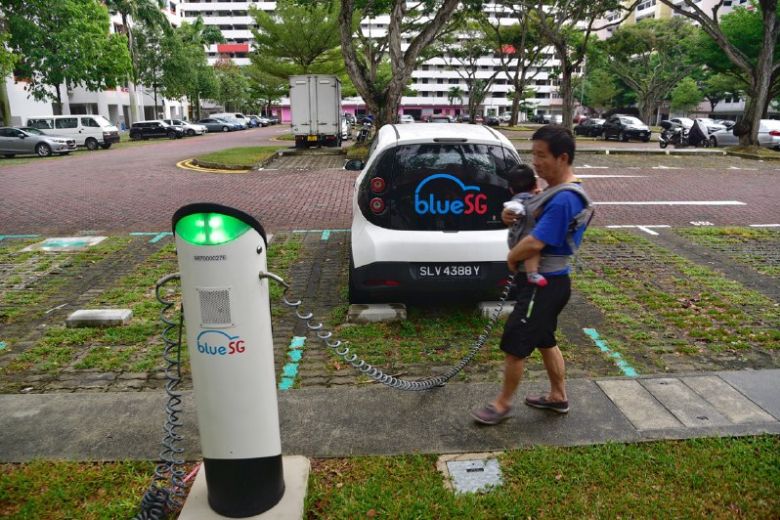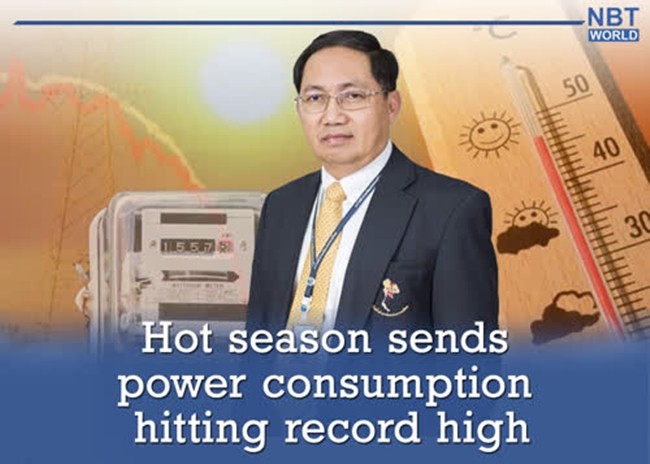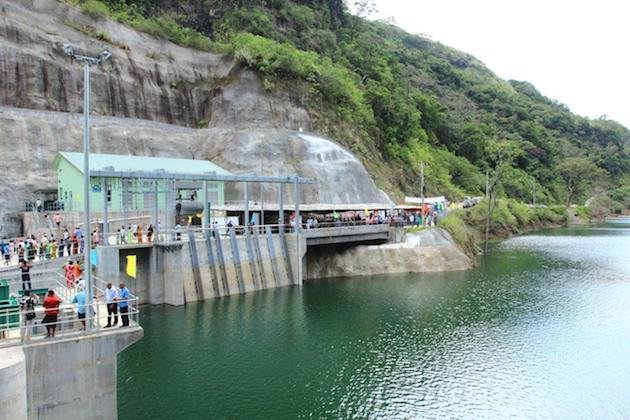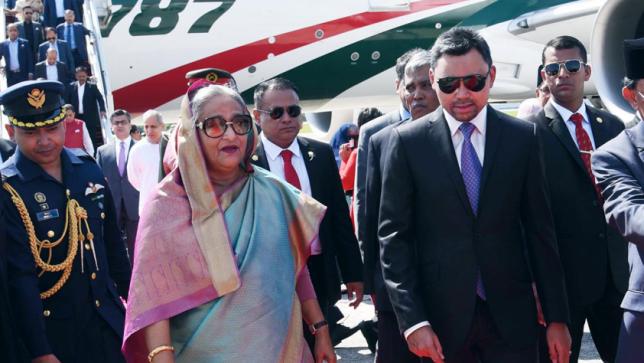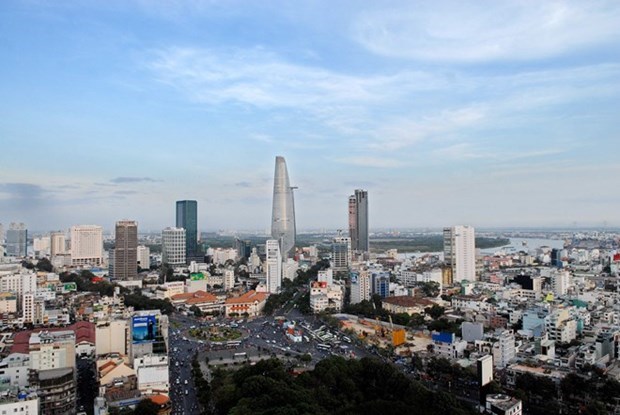In its action plan on green growth, the construction sector aims that half of big- and medium-sized cities in Vietnam meet green city standards by 2030. This plan is part of efforts to realise the national green growth strategy.
Deputy Minister of Construction Phan Thi My Linh said although cities have been paying attention to green growth, boosting urban green growth is still a new issue in the country, and there remains a big gap between expectations and what has been achieved.
The construction sector consumes a lot of natural resources and energy while emitting a considerable volume of greenhouse gases. Therefore, short- and long-term solutions are necessary, as is cooperation with foreign partners to minimise its impacts on the environment, she said.
As one of the countries most vulnerable to climate change, Vietnam has been working to improve its technical infrastructure’s capacity for climate change response, produce environmentally friendly building materials, apply energy efficient solutions to buildings and reinforce houses to cope with natural disasters.
These are fields in which Vietnam has great demand for cooperation with foreign partners, said Pham Khanh Toan – Director of the Department for International Cooperation under the Ministry of Construction.
Among the ministry’s joint projects with foreign partners, a project on energy efficiency in the building sector was carried out from 2014 to 2017 as part of the USAID Vietnam Clean Energy Programme. It benefited Hanoi, Hai Phong, Da Nang, Ho Chi Minh City and Can Tho.
This project aimed to help save energy, reduce CO2 emissions, promote energy saving activities and support low-emission development.
Meanwhile, the Asian Development Bank (ADB) has provided technical and financial assistance for water service companies in Vietnam to build criteria for these services. It has also helped the country to design a decree on public-private partnership and implement an urban environment programme since 2012.
The ADB recognised Vietnam’s efforts and achievements in associating development with green growth.
It said Vietnam is experiencing rapid urbanisation, and most of its GDP is contributed by cities. However, urbanisation has yet to meet expectations while the country is highly susceptible to climate change.
Between 2016 and 2020, the bank has agreed to support Vietnam with 600 – 800 million USD for climate change response and green city development.-VNA




